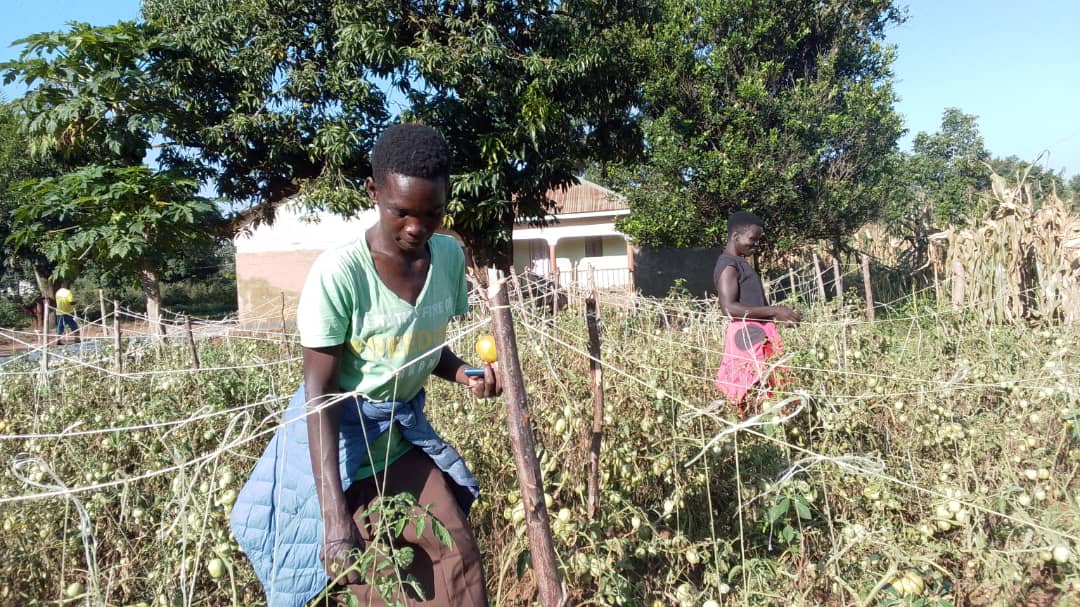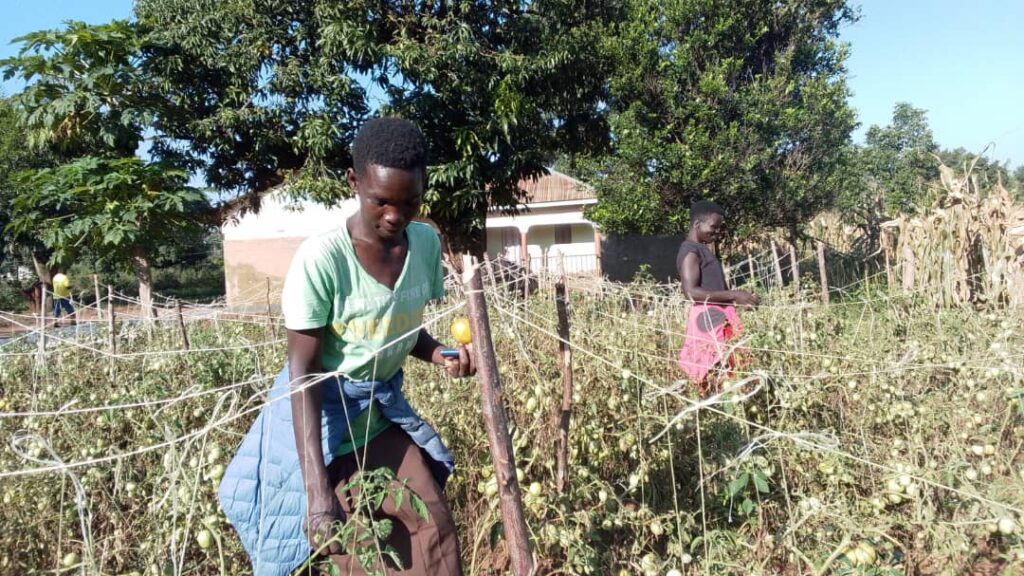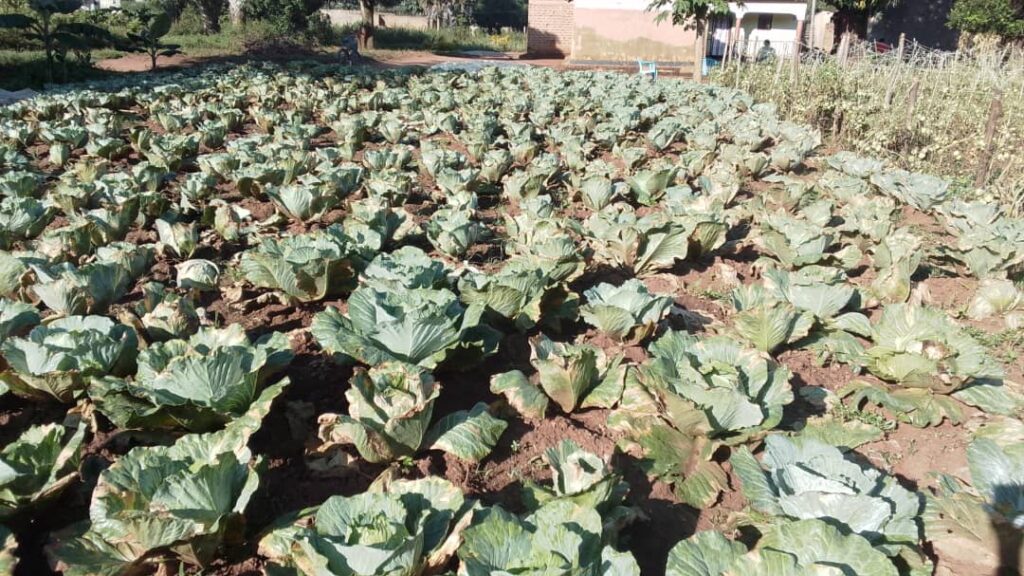
 Radio Wa
Radio Wa

 Radio Wa
Radio Wa
17 November 2025, 2:18 pm
By Agness Agilo

Women in the Lango Sub-region, who serve as the primary caregivers in most households, continue to bear the brunt of climate change as extreme weather patterns destroy food crops and fuel widespread famine. To fight back, women in Kwania District have embraced horticulture farming as a practical solution to restore food security and withstand the effects of prolonged drought.
Mary Apige, a resident of Aduku Township, shared that harsh weather conditions had repeatedly ruined her long-maturing food crops such as cassava and pigeon peas. Faced with continuous losses, she shifted to cultivating fast-maturing vegetables including sukuma wiki, spinach, cabbage, eggplant, and ntula. Using small-scale irrigation pumps and sprays to counter unreliable rainfall, Apige says her family has not lacked food since she adopted horticulture on her half-acre of land.
She explained that with proper manure and insecticide application, her yields have significantly improved. After buying a packet of eggplant seeds at 12,000 shillings, she now earns between 5,000 and 10,000 shillings daily, in addition to feeding her household reliably.
Meanwhile, Josephine Akello, a widow from Ikwera Ward, recalled how severe famine almost claimed the lives of her family members after prolonged sunshine destroyed her crops. Determined to avoid history repeating itself, she now maximizes her kitchen garden on a one acre of land—planting cabbage, tomatoes, and various vegetables using simple irrigation methods, including watering plants twice daily and mulching with dry grass. Akello says these methods have shielded her family from food scarcity, even when long-maturing crops fail.
Another farmer, Sylvia Alobo, a 45-year-old mother of four, told Radio Wa that after receiving a three-day training from Opur Onote Farmers Association, she began planting crops such as carrots, onions, and legumes. The venture has strengthened her household economy through consistent sales while improving her family’s nutrition.
When contacted for a comment, Samson Ogong, an Agronomist working with Ngetta ZARDI in Lira city said vegetables act as nutrition supplements which is good for one’s health compared to grains like maize emphasizing the need for every home to engage in its planation.
Ogong encouraged farmers to engage in horticulture farming since they mature very fast acting as food enhancement especially in cases of adverse weather changes since it matures faster.
He also added that vegetable growing helps boost economic livelihood since it takes little time to mature testifying that he planted onion in a 1.8 square meter piece of land where he harvested about 15 kgs which boosted his income.

As agriculture remains the economic backbone of the Lango Sub-region, the increasing unpredictability of climate poses severe threats to livelihoods. However, the resilience and innovation shown by women in Kwania offer a promising pathway—one that enhances food security, boosts household income, and reduces vulnerability to climate shocks.